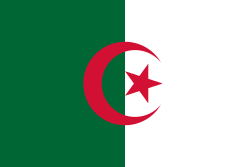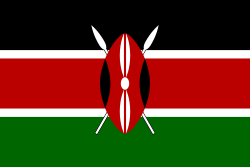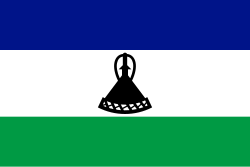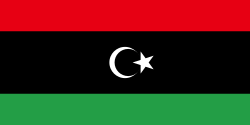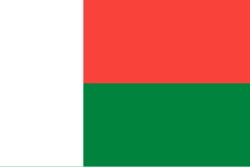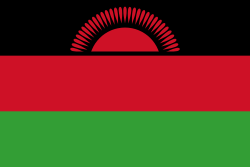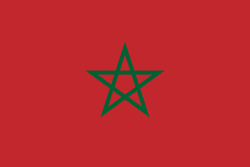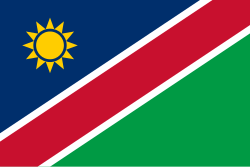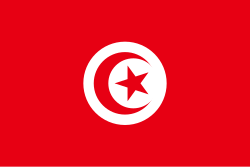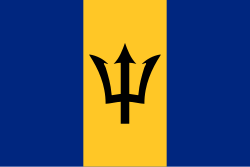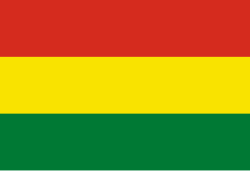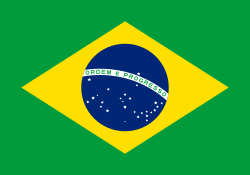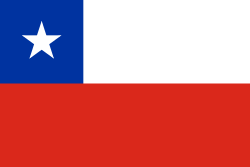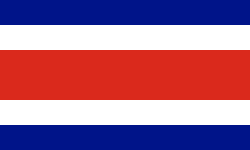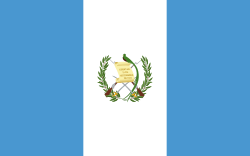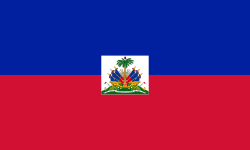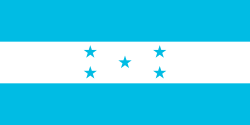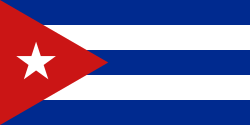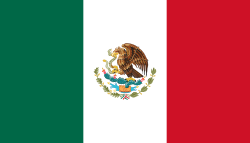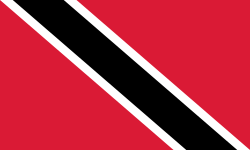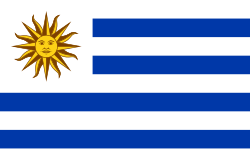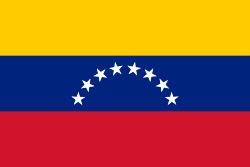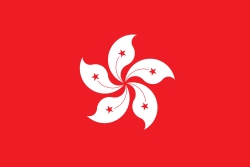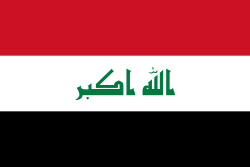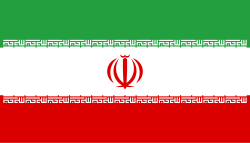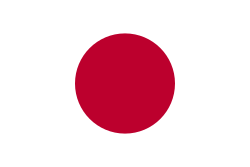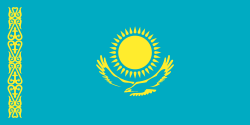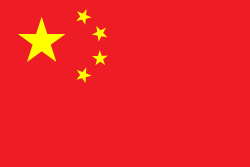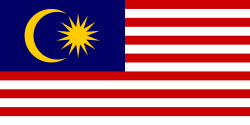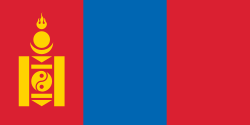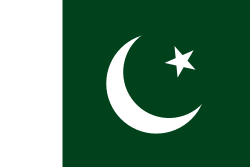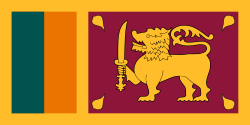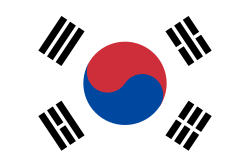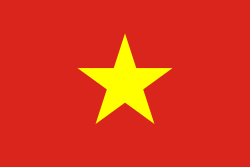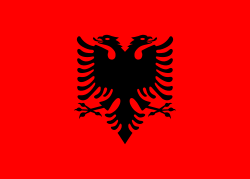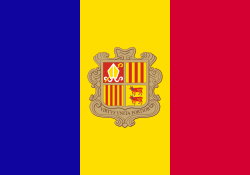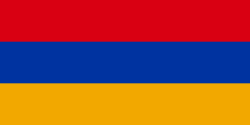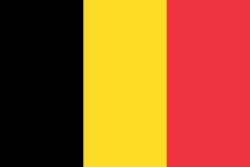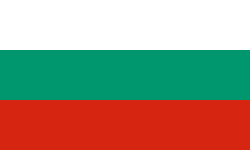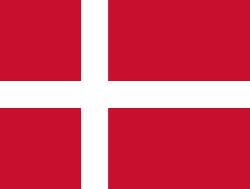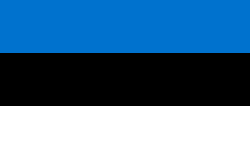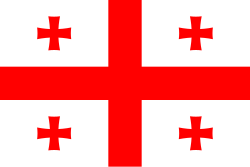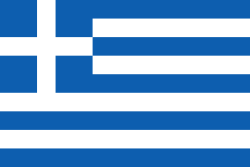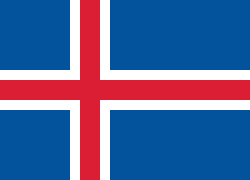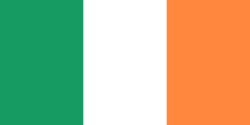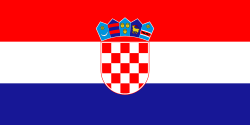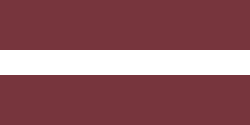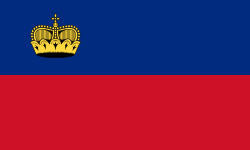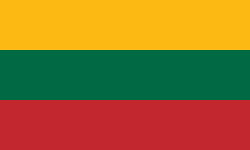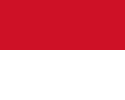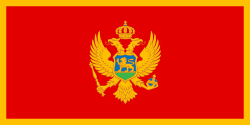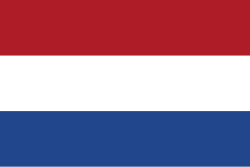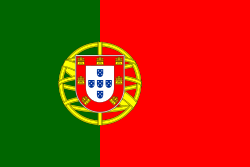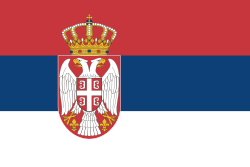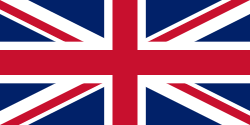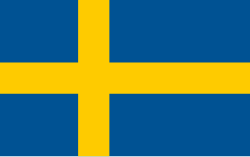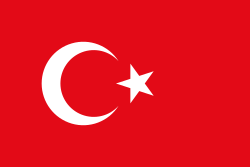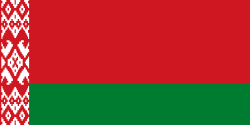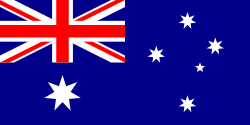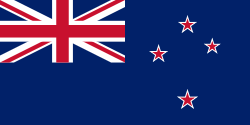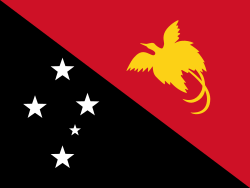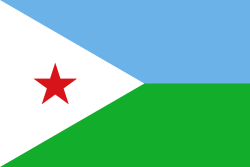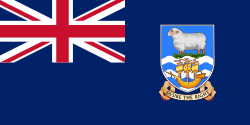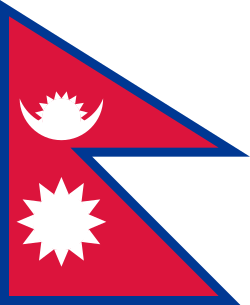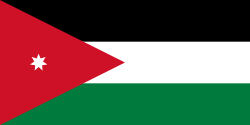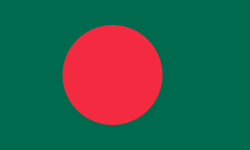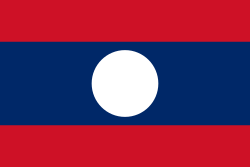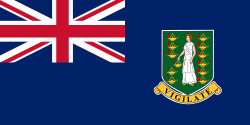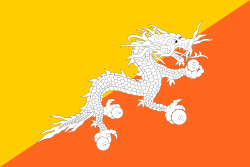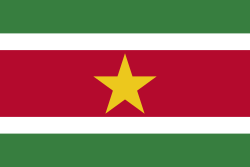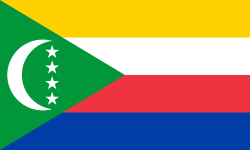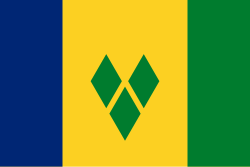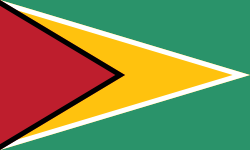World Archery Federation
| Verksamhet | Bågskytte |
|---|---|
| Bildat | 4 september 1931 |
| Huvudkontor | Lausanne, |
World Archery Federation (WAF) är det internationella bågskytteförbundet. Det bildades den 4 september 1931 i Lwow i Polen av Frankrike, Tjeckoslovakien, Sverige, Polen, USA, Ungern och Italien[1], och har sitt huvudkontor i Lausanne. Förbundet arrangerar världsmästerskapen i bågskytte.
Det gamla namnet Fédération Internationale de Tir à l'Arc (FITA) avskaffades i juli jubileumsåret 2011.
Medlemmar
- Afrika
- Amerika
 Amerikanska Jungfruöarna
Amerikanska Jungfruöarna Argentina
Argentina Bahamas
Bahamas Barbados
Barbados Bermuda
Bermuda Bolivia
Bolivia Brasilien
Brasilien Brittiska Jungfruöarna
Brittiska Jungfruöarna Chile
Chile Colombia
Colombia Costa Rica
Costa Rica Dominikanska republiken
Dominikanska republiken Ecuador
Ecuador El Salvador
El Salvador Falklandsöarna
Falklandsöarna Guatemala
Guatemala Guyana
Guyana Haiti
Haiti Honduras
Honduras Kanada
Kanada Kuba
Kuba Mexiko
Mexiko Panama
Panama Paraguay
Paraguay Peru
Peru Puerto Rico
Puerto Rico Saint Kitts och Nevis
Saint Kitts och Nevis Saint Vincent och Grenadinerna
Saint Vincent och Grenadinerna Surinam
Surinam Trinidad och Tobago
Trinidad och Tobago Uruguay
Uruguay USA
USA Venezuela
Venezuela
- Asien
 Bangladesh
Bangladesh Bhutan
Bhutan Filippinerna
Filippinerna Förenade Arabemiraten
Förenade Arabemiraten Hongkong
Hongkong Indien
Indien Indonesien
Indonesien Irak
Irak Iran
Iran Japan
Japan Jemen
Jemen Jordanien
Jordanien Kazakstan
Kazakstan Kina
Kina Kinesiska Taipei
Kinesiska Taipei Kirgizistan
Kirgizistan Kuwait
Kuwait Laos
Laos Libanon
Libanon Macao
Macao Malaysia
Malaysia Mongoliet
Mongoliet Myanmar
Myanmar Nepal
Nepal Nordkorea
Nordkorea Pakistan
Pakistan Qatar
Qatar Saudiarabien
Saudiarabien Singapore
Singapore Sri Lanka
Sri Lanka Sydkorea
Sydkorea Syrien
Syrien Tadzjikistan
Tadzjikistan Thailand
Thailand Turkmenistan
Turkmenistan Uzbekistan
Uzbekistan Vietnam
Vietnam
- Europa
 Albanien
Albanien Andorra
Andorra Armenien
Armenien Azerbajdzjan
Azerbajdzjan Belgien
Belgien Bulgarien
Bulgarien Cypern
Cypern Danmark
Danmark Estland
Estland Finland
Finland Frankrike
Frankrike Färöarna
Färöarna Georgien
Georgien Grekland
Grekland Island
Island Irland
Irland Israel
Israel Italien
Italien Kosovo
Kosovo Kroatien
Kroatien Lettland
Lettland Liechtenstein
Liechtenstein Litauen
Litauen Luxemburg
Luxemburg Malta
Malta Moldavien
Moldavien Monaco
Monaco Montenegro
Montenegro Nederländerna
Nederländerna Nordmakedonien
Nordmakedonien Norge
Norge Polen
Polen Portugal
Portugal Rumänien
Rumänien Ryssland
Ryssland San Marino
San Marino Schweiz
Schweiz Serbien
Serbien Slovakien
Slovakien Slovenien
Slovenien Spanien
Spanien Storbritannien
Storbritannien Sverige
Sverige Tjeckien
Tjeckien Turkiet
Turkiet Tyskland
Tyskland Ukraina
Ukraina Ungern
Ungern Vitryssland
Vitryssland Österrike
Österrike
- Oceanien
Källor
- Den här artikeln är helt eller delvis baserad på material från engelskspråkiga Wikipedia, 15 maj 2013.
Fotnoter
- ^ ”History of World Archery” (på engelska). World Archery Federation. Arkiverad från originalet den 20 oktober 2020. https://web.archive.org/web/20201020122227/https://worldarchery.org/History-World-Archery. Läst 8 november 2015.
Externa länkar
Media som används på denna webbplats
Flag of the Ivory Coast, written by Jon Harald Søby, modified by Zscout370. The colors match to what is reported at http://fotw.vexillum.com/flags/ci.html.
Flag of Namibia
Flag of Senegal
Färg som används: National flag | South African Government and Pantone Color Picker
| grön | rendered as RGB 0 119 73 | Pantone 3415 C |
| gul | rendered as RGB 255 184 28 | Pantone 1235 C |
| röd | rendered as RGB 224 60 49 | Pantone 179 C |
| blå | rendered as RGB 0 20 137 | Pantone Reflex Blue C |
| vit | rendered as RGB 255 255 255 | |
| svart | rendered as RGB 0 0 0 |
| Bolivias flagga* | |
|---|---|
| country | Template:I18n/Republic of Bolivia |
| används av | Bolivia |
| från | 1851 |
| till | Present |
| skapad av | Government of Bolivia |
| format | 15:22 |
| form | rektangulär |
| färger | röd, gul, grön
flag has 3 horizontal stripes |
| andra egenskaper | A horizontal tricolor of red, yellow and green. |
Det är enkelt att lägga till en ram runt den här bilden
Den Dominikanska republikens flagga består av ett vitt centrerat kors som sträcker sig hela vägen ut till flaggans kant. I mitten på korset sitter ett emblem med en bibel, ett gyllene kors och sex dominikanska flaggor. Emblemet är omgivet av olivkvistar och palmblad. Under emblemet står ”Republica Dominicana” och ovanför ett band med landets mottot ”Dios, Patria, Libertad” (”Gud, Landet, Frihet”).
State Flag of Peru.
Trinidad och Tobagos flagga
bendera Indonesia
Flag of Iran. The tricolor flag was introduced in 1906, but after the Islamic Revolution of 1979 the Arabic words 'Allahu akbar' ('God is great'), written in the Kufic script of the Qur'an and repeated 22 times, were added to the red and green strips where they border the white central strip and in the middle is the emblem of Iran (which is a stylized Persian alphabet of the Arabic word Allah ("God")).
The official ISIRI standard (translation at FotW) gives two slightly different methods of construction for the flag: a compass-and-straightedge construction used for File:Flag of Iran (official).svg, and a "simplified" construction sheet with rational numbers used for this file.
Chinese Taipei Olympic Flag. According to the official website of Chinese Taipei Olympic Committee, Blue Sky(circle) & White Sun(triangles) above the Olympic rings is neither the National Emblem of the Republic of China, nor the Party Emblem of Kuomintang (KMT), but a design in between, where the triangles do not extend to the edge of the blue circle, as registered at International Olympic Committee in 1981 and digitally rendered in 2013. Besides, the blue outline of the five-petaled plum blossom is broader than the red one. Moreover, the CMYK code of the blue one and the Blue Sky & White Sun is "C100-M100-Y0-K0", and different from the Olympic rings (C100-M25-Y0-K0). Note that it's the only version recognized by IOC.
The national flag of Kingdom of Thailand; there are total of 3 colours:
- Red represents the blood spilt to protect Thailand’s independence and often more simply described as representing the nation.
- White represents the religion of Buddhism, the predominant religion of the nation
- Blue represents the monarchy of the nation, which is recognised as the centre of Thai hearts.
The civil ensign and flag of Belgium. It is identical to Image:Flag of Belgium.svg except that it has a 2:3 ratio, instead of 13:15.
Flag of Israel. Shows a Magen David (“Shield of David”) between two stripes. The Shield of David is a traditional Jewish symbol. The stripes symbolize a Jewish prayer shawl (tallit).
Det är enkelt att lägga till en ram runt den här bilden
Flag of Liechtenstein
Författare/Upphovsman: Gutten på Hemsen, Licens: CC0
Flag of Norway with colors from the previous version on Commons. This file is used to discuss the colors of the Norwegian flag.
Flag of Portugal, created by Columbano Bordalo Pinheiro (1857–1929), officially adopted by Portuguese government in June 30th 1911 (in use since about November 1910). Color shades matching the RGB values officially reccomended here. (PMS values should be used for direct ink or textile; CMYK for 4-color offset printing on paper; this is an image for screen display, RGB should be used.)
The flag of Slovenia.
- "The construction sheet for the coat of arms and flag of the Republic of Slovenia
- is issued in the Official Gazette Uradni list Republike Slovenije #67, 27 October 1994
- as the addendum to the Law on the coat of arms and flag."
Flag of Syria. Originally flag of the Syria Revolution (from 2011), de facto flag of Syria beginning December 2024, official beginning March 2025.
Författare/Upphovsman: Nightstallion, Licens: CC0
Flag of French Polynesia
Flag of Laos
Flag of Rwanda. The flag ratio is 2:3 with the stripes being 2:1:1. Colors are the following officially: Pantone 299 C 2X (blue), RAL 6029 (green), RAL 1023 (yellow) and RAL 1003 (golden yellow). (As of 03/08/2010, the only color used is the Pantone 299 C, which is from here. The rest of the colors are RAL shades from here.)

